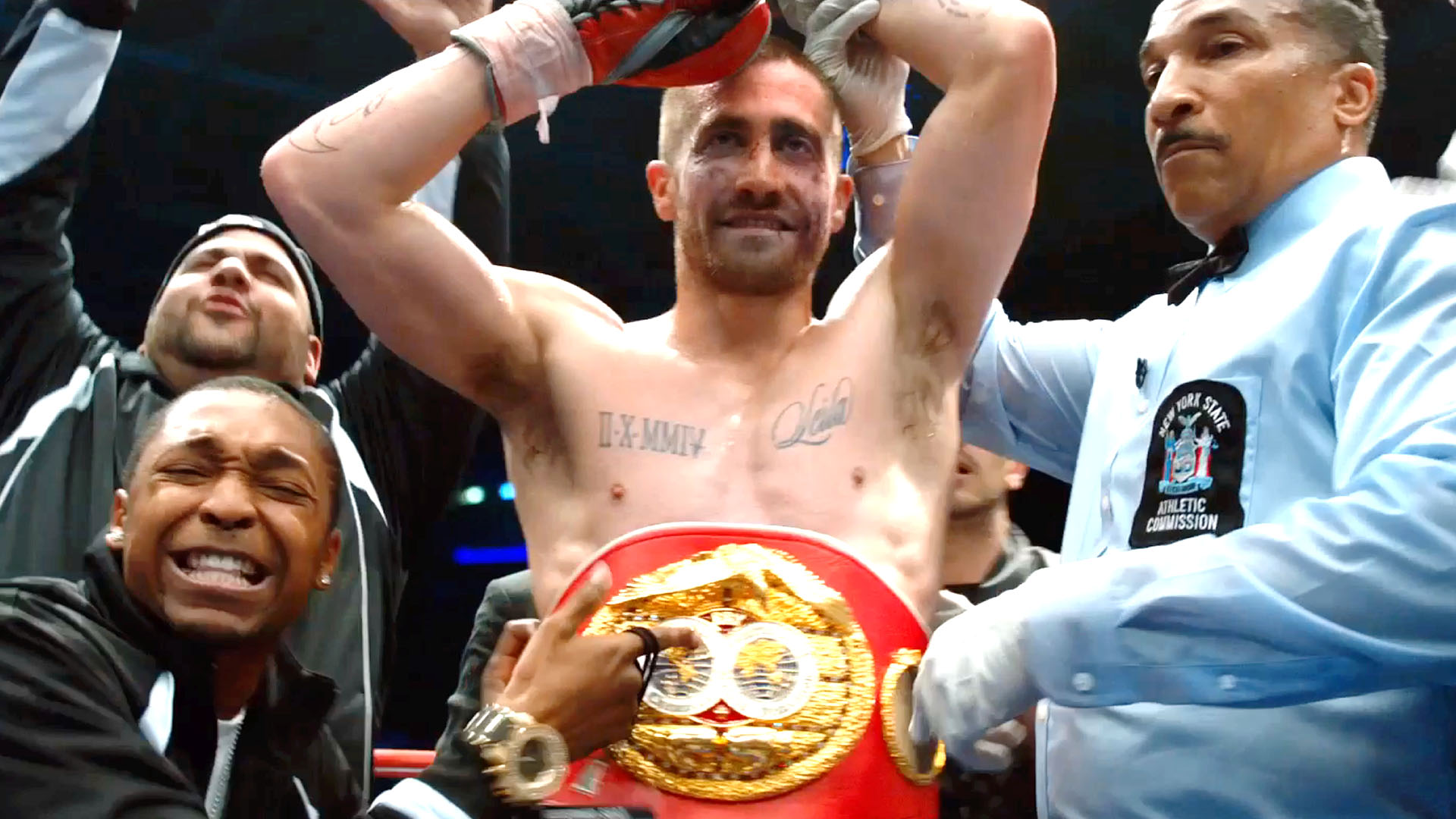MobLand (2025) – An Empire Built on Blood and Betrayal
MobLand (2025) emerges as a gritty and compelling British crime drama that delves deep into the fragile loyalties, shifting power, and emotional cost within London’s underworld. Created by Ronan Bennett and featuring Guy Ritchie as executive producer, the series captures the classic aura of gangster cinema while exploring fresh themes of family, legacy, and honor.
At the center of the story sits the Harrigan family, a dominant Irish mafia dynasty operating in modern‑day London. Patriarch Conrad Harrigan, a charismatic yet ruthless titan, maintains control through a blend of violence and strategic alliances. Beside him is his wife Maeve, a stoically intelligent force behind the throne who manipulates loyalties and tragedies to secure the family’s future.
The peace within the Harrigan empire shatters following a violent incident involving their impulsive grandson, Eddie. When Eddie harms the son of a rival kingpin during an evening out, tensions explode between rival factions. To keep the situation from escalating into an all‑out gang war, Harry Da Souza, the top fixer, enters the fray. Harry is unflappable, calculating, and ever‑resourceful, negotiating deals and containing crisis while carrying the emotional weight of the family on his shoulders.
The ensemble cast delivers standout performances. Tom Hardy stars as Harry Da Souza, bringing a steely calm and internalized anguish to the role. His stoic presence cuts through the chaos, providing a steady anchor even as alliances fray. Pierce Brosnan portrays Conrad with Machiavellian charm and simmering menace, while Helen Mirren as Maeve delivers composed fury masked behind measured smiles.
Visually MobLand is drenched in stylized noir aesthetics. Cinematic framing, deep shadows, and rain‑slicked streets evoke perpetual tension. The color palette relies on muted tones, broken only by flashes of blood or flashbulbs at social events, underscoring the contrast between glamour and brutality. Tight close‑ups and confined interiors heighten the sense that danger can erupt at any moment.
Underneath the crime drama is a deeper study of power’s corrosive effect on family. Each episode explores shifting alliances, moments of betrayal, and the emotional fractures caused by choices made in pursuit of dominance. Theo relationships between family members—especially the generational clash between Conrad’s old‑school ruthlessness and Eddie’s reckless ambition—drive much of the narrative’s emotional weight.
While some critics note that MobLand treads familiar gangster territory, most praise the series for strong acting, tight writing, and elegant direction. The pacing is deliberate but gripping, allowing the psychological tension to simmer even when gunfire is absent.
MobLand may not reinvent the crime genre, but it refines it—delivering a potent mix of style, substance, and intensity. With unforgettable characters pushed to their limits and stakes that grow ever more personal, the series offers a powerful examination of what happens when blood is thicker than loyalty but thinner than ambition.



